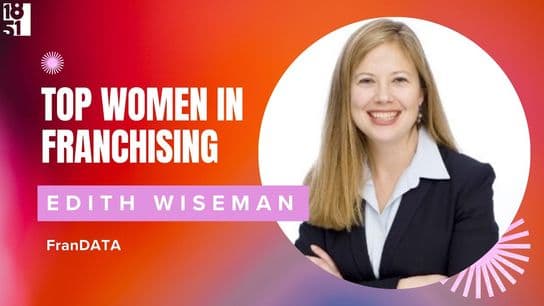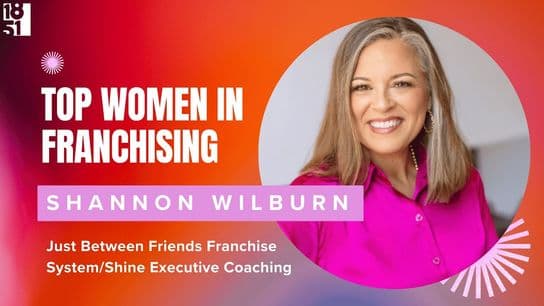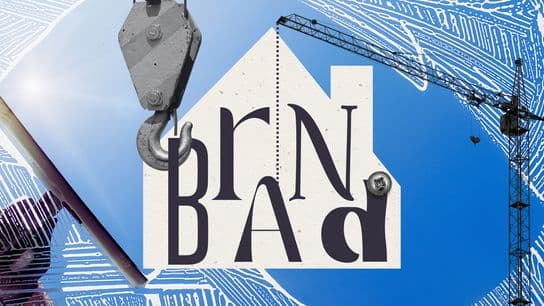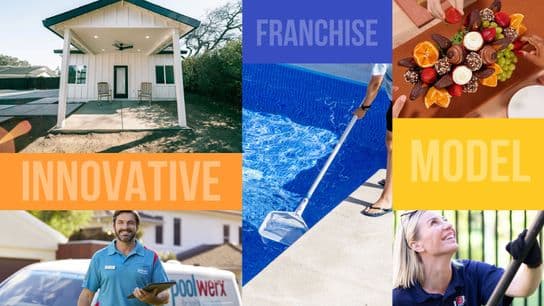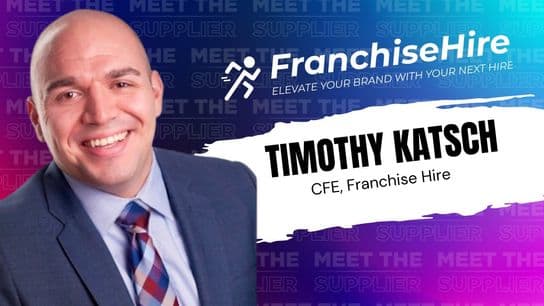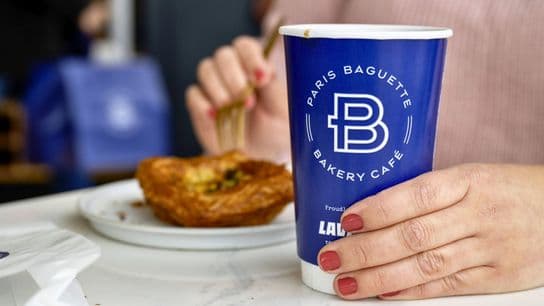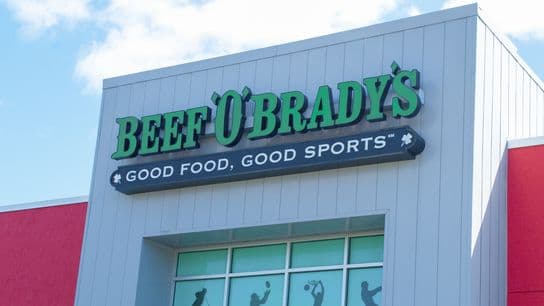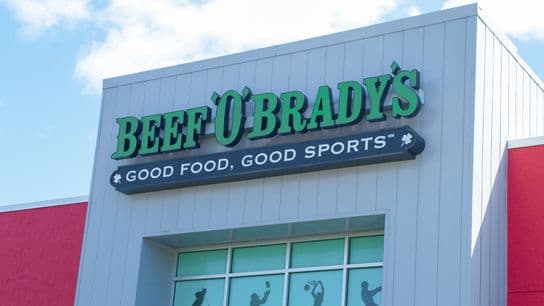What to Look for in a Business Partner
While not every entrepreneurial venture needs a co-founder to get off the ground, many of the most successful companies were built by a partnership or group of leaders.
Building a business from the ground up can be a scary proposition. You’ve probably heard the statistics before: nearly 35 perfect of all new businesses won’t ever celebrate a two-year anniversary. Fewer than half will make it to five years.
In the franchise industry, there’s an even bigger challenge: scale. There are nearly 4,000 active franchise systems operating in the U.S. in 2017, but less than six percent of them—about 700—have cracked the coveted 100-unit mark. Massive multi-unit growth is the goal, but most never make it.
Tackling these monumental challenges alone can be tough. While not every entrepreneurial venture needs a co-founder to get off the ground, many of the most successful companies were built by a partnership or group of leaders, each contributing to the common goal of building something lasting. These business counterparts utilize combined skill sets to develop a recipe for success. Some are long-time friends or relatives. Others, like Biz Stone, simply found the right set of partners at the right time. In 2006, he co-founded Twitter with friends Evan Williams, Jack Dorsey and Noah Glass.
“If you’re thinking of starting your own business, you always hear the words ‘follow the money,” Stone recently told Inc. Magazine. “That’s not true. It should be: follow the person. You have to find the right match for you—the right co-founder. That’s when you come alive as an entrepreneur. You’re strong where they’re weak, and vice versa. Together, you make something much better than you would be able to make alone.”
Initially, starting a business is simply a matter of survival. But even in those early days, successful entrepreneurs recognize their individual limitations and focus on what someone else could bring to a partnership. It’s exactly that dynamic that drove Erica Bridges & Amelia Courtney as they began building the idea for Pretty in Paint Parties.
“We met about eight years ago when our kids were in preschool together, and we immediately hit it off, but we also realized we were a bit of yin and yang,” said Courtney. “But, the beauty is: that complementary relationship translated as we became business partners. Erica handles all of the financial side and I do the creative side, and that specialization has made us both stronger as business owners.”
The two quickly established a strong sense of trust with each other as they hatched the idea for Pretty in Paint Parties. Nearly five years later, the franchise brand is flourishing, thanks to the unique model its founders developed. The idea for it began after Courtney attended a paint party at an art studio. When she returned to her Pennington, New Jersey home and showed off her painting, Bridges decided she wanted something similar to hang in her home. But because the idea of a paint party was still relatively new at the time, there wasn’t a studio offering that type of event in their area.
So the two decided to throw their own party, reaching out to another one of their friends who happened to be an artist. She agreed to guide Courtney and Bridges—along with some of their other friends and neighbors—through the painting process over apps and cocktails. By the end of the night, it was clear that there was potential for this fun and simple concept to become a successful business.
But, Courtney is quick to point out: neither could ever have launched the concept on their own.
“We don’t need to have each other’s blessing with big decisions, because there is trust that the other person is doing what they’re strong at. You can’t let your ego get in the way. If you’re going to have a partner, it has to be the right person. Define your roles clearly, and lead as partners, not adversaries,” she said.
That sense of partnership was critical to Jason and Steven Parker, too. But, they had two added challenges to overcome when they began setting up K9 Resorts Daycare and Luxury Hotel, the high-end doggie daycare business that would ultimately become their rapidly growing franchise. First, the two were both teenagers when their plans began to take shape. And second, they’re brothers.
Despite those potential hurdles, Jason Parker says the two quickly realized their entrepreneurial dreams would ultimately stand a better chance of success if they could work together.
“Working together from day one made it so much easier,” Jason Parker said. “We are always bouncing ideas off of each other, almost like we’re micromanaging each other, but we both know we’re a stopgap for each other. In that way, though we do have different skill sets and we each focus on our areas of expertise, we also help support each other. We may not particularly like the area of focus the other one does, but we can both do it. Knowing how to support him and knowing he can support me—no matter what I need—makes the work day better for both of us.”
While the Parkers agree there is an inherent challenge to working with a family member, there is also an inherent level of trust that can come from working closely with a loved one.
“You certainly have to have a very strong relationship with a family member, and working closely to build a business definitely can create stress that wouldn’t exist otherwise. But, my brother and I have always had a close bond, and that helps us to focus on the big picture. There is stress, but we do get through it. Even though we may disagree on one thing or another, we stay focused on the big picture, so long term, there is no bad blood,” Jason added.
Most importantly, the Parkers say they’ve remained true friends through the process—something Courtney says is possible, despite the odds—provided you choose the right partner.
“You can be both friends and business partners,” she said. “We are proof. If we weren’t friends, it would be harder. Being friends is good for us. In our case, we both understand the demands of being working mothers, and that builds a trust that would be hard to find in someone else. Bottom line, we’re better together than apart, and that makes all the difference in our franchise’s long-term success.”



